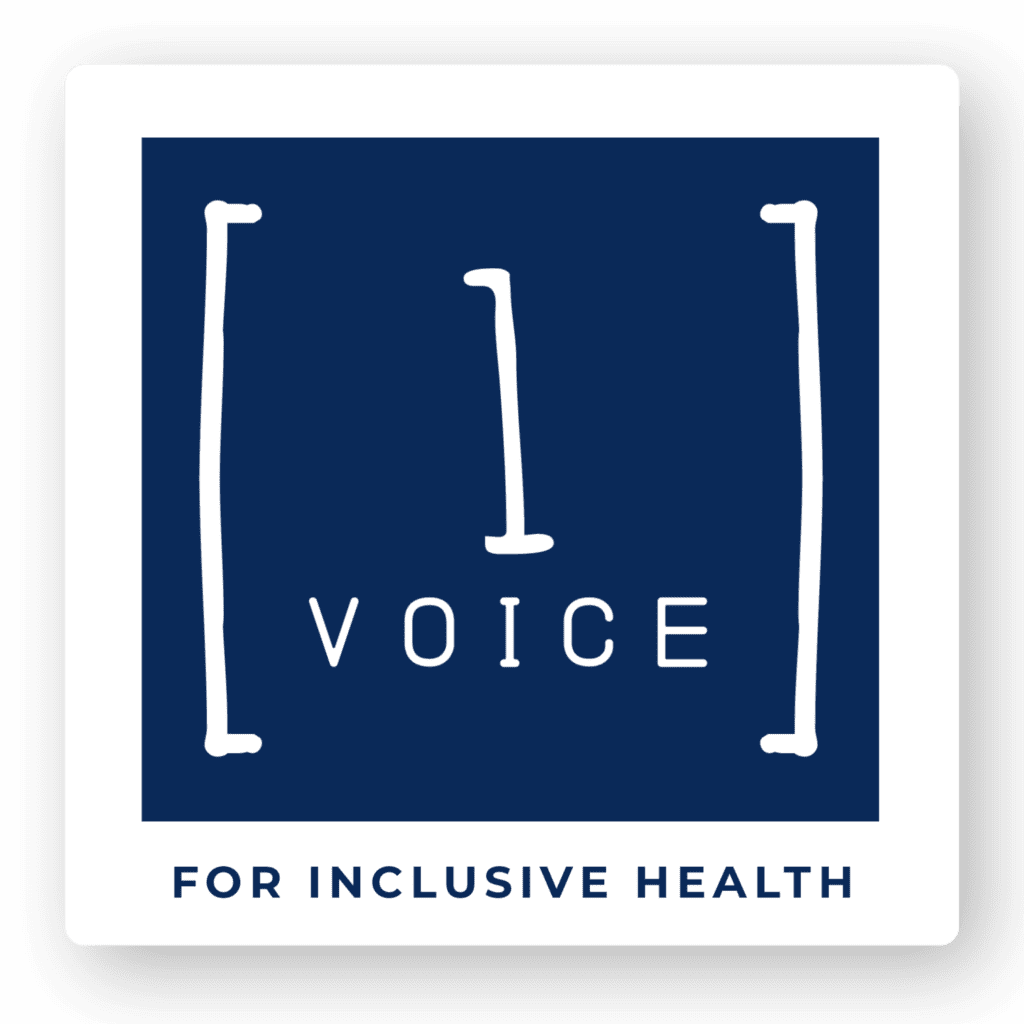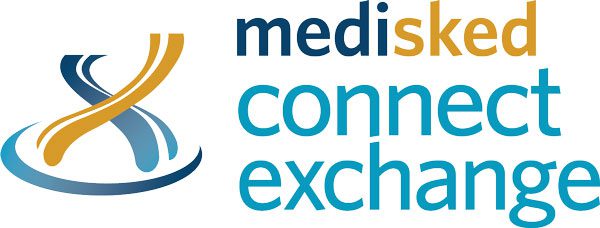
- June 6–24, 2021
- Virtual
- Register Here
Presenters:
One Voice for Inclusive Health
American Academy of Developmental Medicine & Dentistry (AADMD)’s annual educational conference has been held every year since 2002.
MediSked is presenting!
Applying Data & Technology to Help I/DD Service Providers Integrate Care in NY in the Age of COVID
June 16, 2021 at 7:00pm
Issues: Effective care coordination requires technology, training, and culture change to achieve person-centered improvements and better quality and value. In 2018, New York’s I/DD system transformation moved care management, health promotion, and referral to community support services for 100,000 individuals with I/DD to Care Coordination Organizations (CCO/HHs). Year Two of NYS’ transition took place in the midst of the unforeseen COVID-19 pandemic. The authors examine the effects of the pandemic on the operation of service delivery and quality outcomes for individuals with I/DD.
Positions or Findings: This study looks at data from Advance Care Alliance, a CCO/HH that supports 1 in 4 of the 100,000 individuals supported based in the greater New York City area. The authors undertook a study of the data from ACA’s population in 2020 and the beginnings of 2021 and compared it to year over year data from the previous 2 years to examine changes caused by the COVID-19 pandemic. The authors also examined COVID trends for this population including comorbidities, residential settings, demographic data, moves to more integrated settings, self-direction, and immunization data.
Conclusions: The study showed that while general trends for this population aligned with those in the same geographic area, the I/DD population had higher infection and fatality rates that aligned with additional chronic conditions, living in less integrated settings, and age. Differences were also noted in the YOY outcomes that are likely to be attributed to the significant changes in life due to COVID. The authors note that the adopted technology enabled a more effective COVID-19 response by allowing the organization to make real-time, data-driven decisions.




